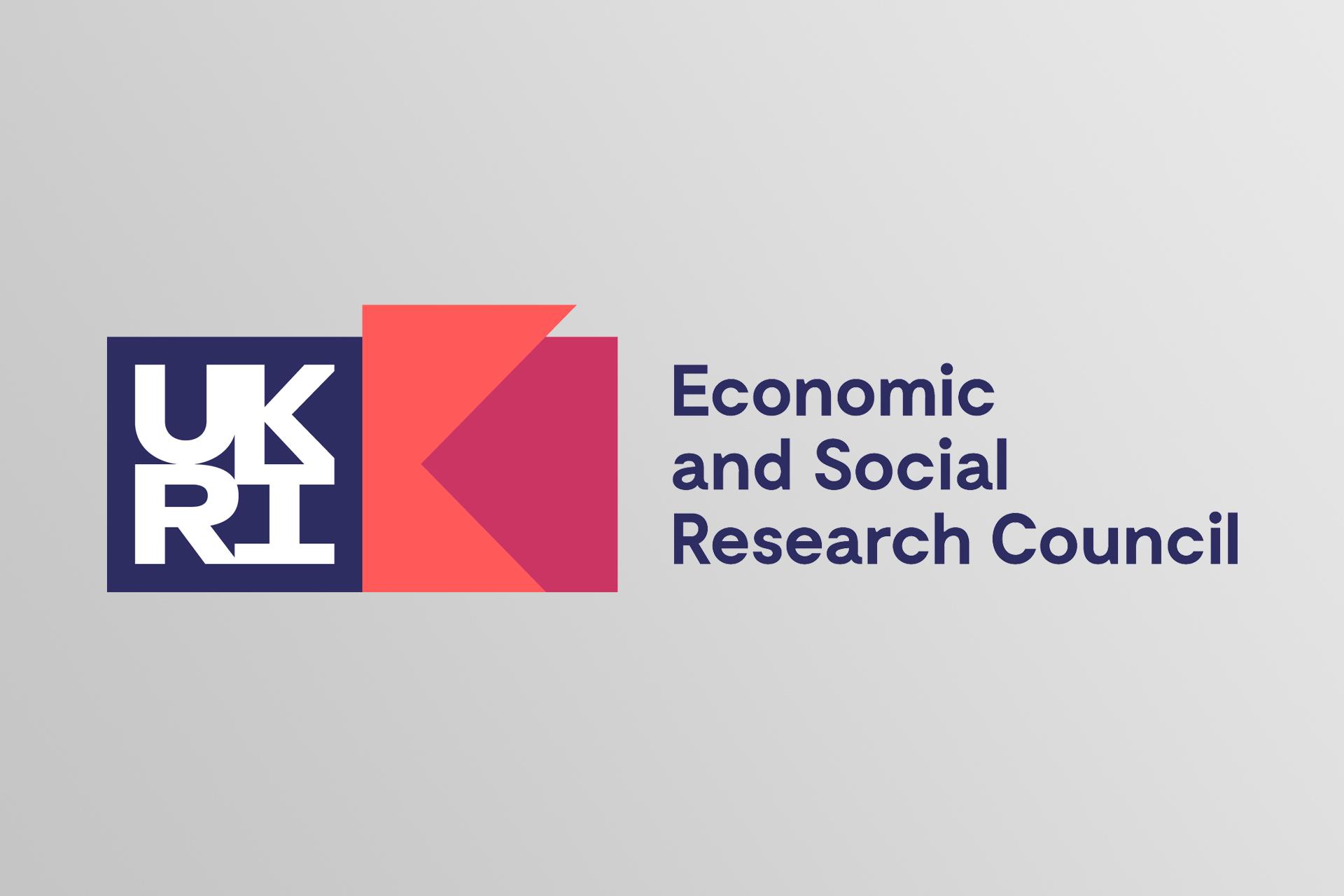Edinburgh Law School wins new impact acceleration awards
Mon 11 January 2021

Edinburgh Law School has been awarded two new grants under the ESRC Impact Acceleration Account scheme; one to develop a map-based tool to help people avoid risky routes in times of pandemic or conflict, and the other to help maximise the implementation of children’s human rights in Scotland.
Helping individuals navigate cities in times of pandemic and conflict
Dr Devanjan Bhattacharya, Train@ed Research Fellow at Edinburgh Law School, will lead the ESRC IAA project, ‘Increasing safety and sustainability of micro-mobility modes in pandemic – MobilitySafe.’
In times of pandemic and conflict public transport and vehicle sharing services are frequently halted or avoided, and many people turn to cycling or walking for small distances. By partnering and working with urban development companies and agencies, such as GIZ India and Deloitte India, alongside local authorities, MobilitySafe aims to provide an open app and web-based utility to help users determine safe walking and cycling routes that avoid transmission spots or conflict zones.
The project will initially focus on the Indian pilot cities of Bhubaneswar, Coimbatore and Kochi, which were selected by the German Government for special support on their way to becoming Smart Cities.
“MobilitySafe aims to deliver safe micro-mobility transit routing for pedestrians and cyclists in pandemics and other civil disturbances in urban settings,” said Dr Bhattacharya.
“Presently we are working with COVID-19 spread data developing algorithms that pick routes avoiding the spread. We have seen solutions aimed at vehicle transit systems, but a complete study for enhancing micro-mobility parameters and their interactions in a pandemic has not been undertaken successfully yet.
“We are looking forward to delivering such a solution that would encourage micro-mobility and recommend parameters that could lead to larger adoption of micro-mobility transits in cities. Once the application is adapted for the current pandemic data, the same could be adopted with other critical civic situations in future.”
Making children’s rights real in Scotland
Prof Kay Tisdall, Chair of Childhood Policy at the Moray House School of Education and Sport, and Dr Kasey McCall-Smith, Senior Lecturer in Public International Law at Edinburgh Law School, will lead the ESRC IAA project, ‘Making Children’s Rights Real through Implementation of the UN Convention on the Rights of the Child (UNCRC).’
Scotland is a global leader in children’s human rights, with the Scottish Government committed to their implementation. In September 2020, the Government introduced a bill to incorporate the UNCRC into Scots law and the children’s rights sector is instituting the ‘Year of Childhood’ in 2021 to maximise its implementation.
The project builds on the successful launch of the Observatory of Children’s Human Rights Scotland in February 2020. It will work closely with the Observatory’s founding members, such as the Children and Young People’s Commissioner Scotland, Children’s Parliament, Scottish Youth Parliament and Together (Scottish Alliance for Children’s Rights), to share practical lessons regarding children’s rights law and policy with national policy decision-makers, key public bodies and the third sector, in order to strengthen the UNCRC (Incorporation) (Scotland) Bill and its future implementation as part of Scotland’s commitment to embedding respect, protection and fulfilment of children’s human rights.
“We are delighted to have the opportunity to use the extensive research produced here at the University of Edinburgh to shape the future of children’s rights in Scotland,” said Dr McCall-Smith. “This IA grant will help us work toward a brighter future when children’s rights form an integral part of the fabric of Scottish society and governance.”
The Impact Acceleration Grants are designed to support the development of impact from social science research, and are undertaken in active partnership with research users in the public, private and civil society sectors.